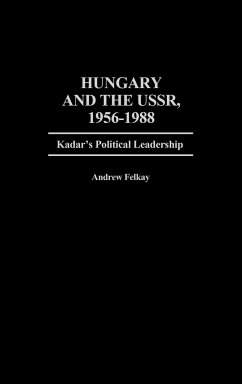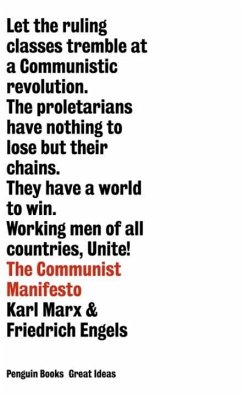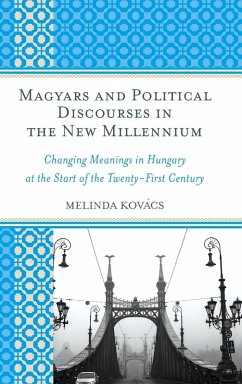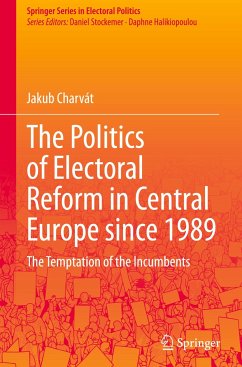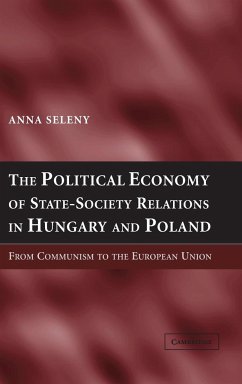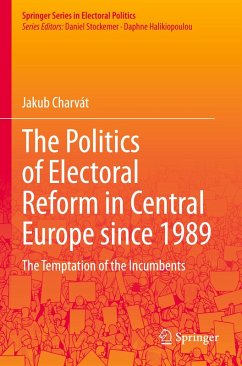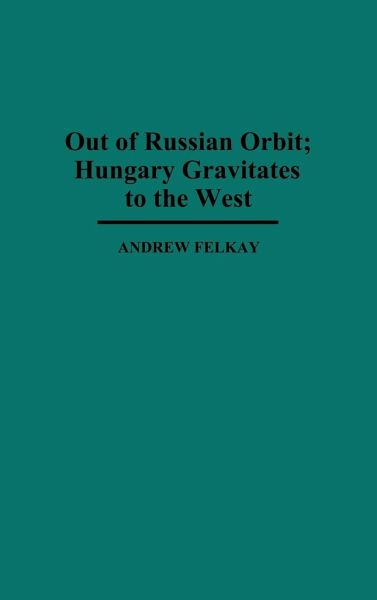
Out of Russian Orbit; Hungary Gravitates to the West
Versandkostenfrei!
Versandfertig in 1-2 Wochen
69,99 €
inkl. MwSt.

PAYBACK Punkte
35 °P sammeln!
Freed from over forty years of Soviet domination, Hungary finally was given a chance to determine its own destiny in the last decade of the twentieth century. This book takes the reader through the complex period of Hungary's transformation from a Soviet satellite to an independent democratic country, with an emphasis on Hungary's finding its place in the post-communist world. Inspired by the political freedoms and economic successes of Western democracies, Hungary rejected the one-party rule and command economy and opted for multi-party parliamentary democracy and the rapid conversion to a fr...
Freed from over forty years of Soviet domination, Hungary finally was given a chance to determine its own destiny in the last decade of the twentieth century. This book takes the reader through the complex period of Hungary's transformation from a Soviet satellite to an independent democratic country, with an emphasis on Hungary's finding its place in the post-communist world. Inspired by the political freedoms and economic successes of Western democracies, Hungary rejected the one-party rule and command economy and opted for multi-party parliamentary democracy and the rapid conversion to a free market economy. The book systematically shows the foreign policy priorities set by Hungary's freely elected governments. It discusses how Hungary succeeded in freeing itself from the past restraints of the Warsaw Pact and the Commecon and other formal and informal agreements with the Soviet Union and the Socialist bloc countries. At the same time, the economic difficulties caused by the break-up of the Socialist market are considered. Hungarian decision-makers have unequivocally committed themselves to pursuing economic integration with the European Union and have applied for membership in NATO. Unfortunately, Soviet-enforced harmony has disappeared and old ethnic antagonisms have resurfaced. Unless the growing tension between Hungary and its neighbors, Slovakia and Romania-countries with large Hungarian minorities-are resolved, their admission into the European Union and NATO will be jeopardized.





